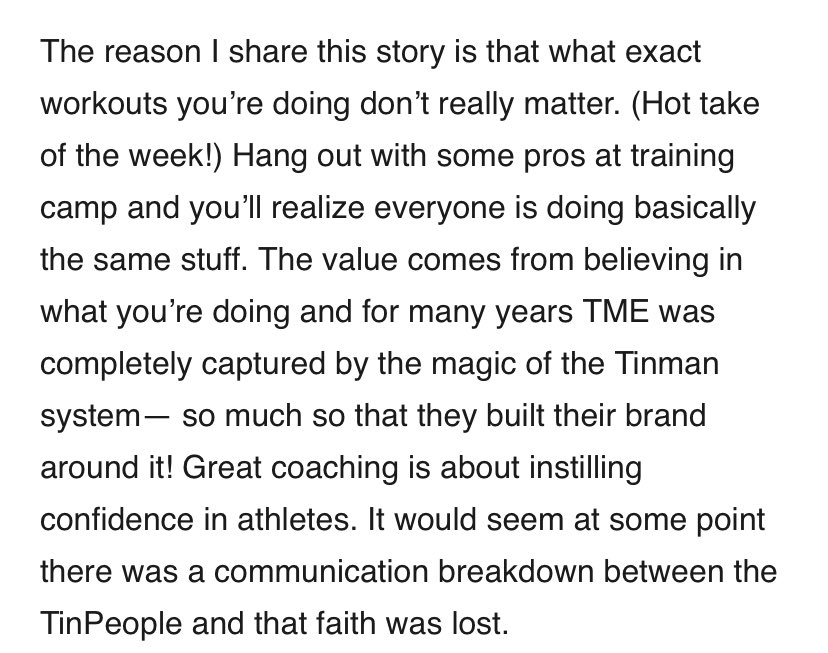
NFL wide receiver DK Metcalf racing the 100m is great because he's getting people to watch/talk about track.
But to be fair to DK, tamper down expectations... He'll be closer to the top female sprinters in the world than Olympic Trials qualifying
That's not meant to be a slight
But to be fair to DK, tamper down expectations... He'll be closer to the top female sprinters in the world than Olympic Trials qualifying
That's not meant to be a slight
It's just the reality of how fast sprinters actually are and the technical nature of the sport
Depending on how much track work he's done, he'll likely run 10.6-7
Metcalf was a solid but not great HS hurdler, who in his viral play ran down a guy who ran ~10.8 in HS 7 years ago
Depending on how much track work he's done, he'll likely run 10.6-7
Metcalf was a solid but not great HS hurdler, who in his viral play ran down a guy who ran ~10.8 in HS 7 years ago
And for those pointing to his top speed of 22.6mph...
Many journalists are making a horrible math mistake. Confusing TOP speed for AVERAGE speed over an entire run.
It's not how it works. For a 100m sprint, you accelerate from 0, hit top speed at ~60-70m, then decelerate.
Many journalists are making a horrible math mistake. Confusing TOP speed for AVERAGE speed over an entire run.
It's not how it works. For a 100m sprint, you accelerate from 0, hit top speed at ~60-70m, then decelerate.
You can actually model this to get a ballpark.
If we give him +2mph on top speed without pads, etc. His top speed on the track is 24.6mph... His best 10m split would be about .91sec
Modeling acceleration/decel, this would put him in the 10.6-7 ballpark
If we give him +2mph on top speed without pads, etc. His top speed on the track is 24.6mph... His best 10m split would be about .91sec
Modeling acceleration/decel, this would put him in the 10.6-7 ballpark
This analysis of 2017 world champs in the women 100m would be a good comparison.
They hit a top speed of ~24.3mph to run ~10.85.
centrostudilombardia.com/wp-content/upl…
They hit a top speed of ~24.3mph to run ~10.85.
centrostudilombardia.com/wp-content/upl…
None of this is to slight DK. I applaud him for racing on the track. I think it's awesome
But let the track times do the talking. The 100m sprint is a very technical event. It's not just getting out and sprinting all out
Manage expectations. If he runs 10.4, that's fantastic.
But let the track times do the talking. The 100m sprint is a very technical event. It's not just getting out and sprinting all out
Manage expectations. If he runs 10.4, that's fantastic.
One follow up as I've been asked this question a few times:
What would his top speed need to be in order to run an Olympic Trials qualifier (10.05)? Around 26 miles per hour (with proper acceleration and minimal deceleration.)
What would his top speed need to be in order to run an Olympic Trials qualifier (10.05)? Around 26 miles per hour (with proper acceleration and minimal deceleration.)
• • •
Missing some Tweet in this thread? You can try to
force a refresh




